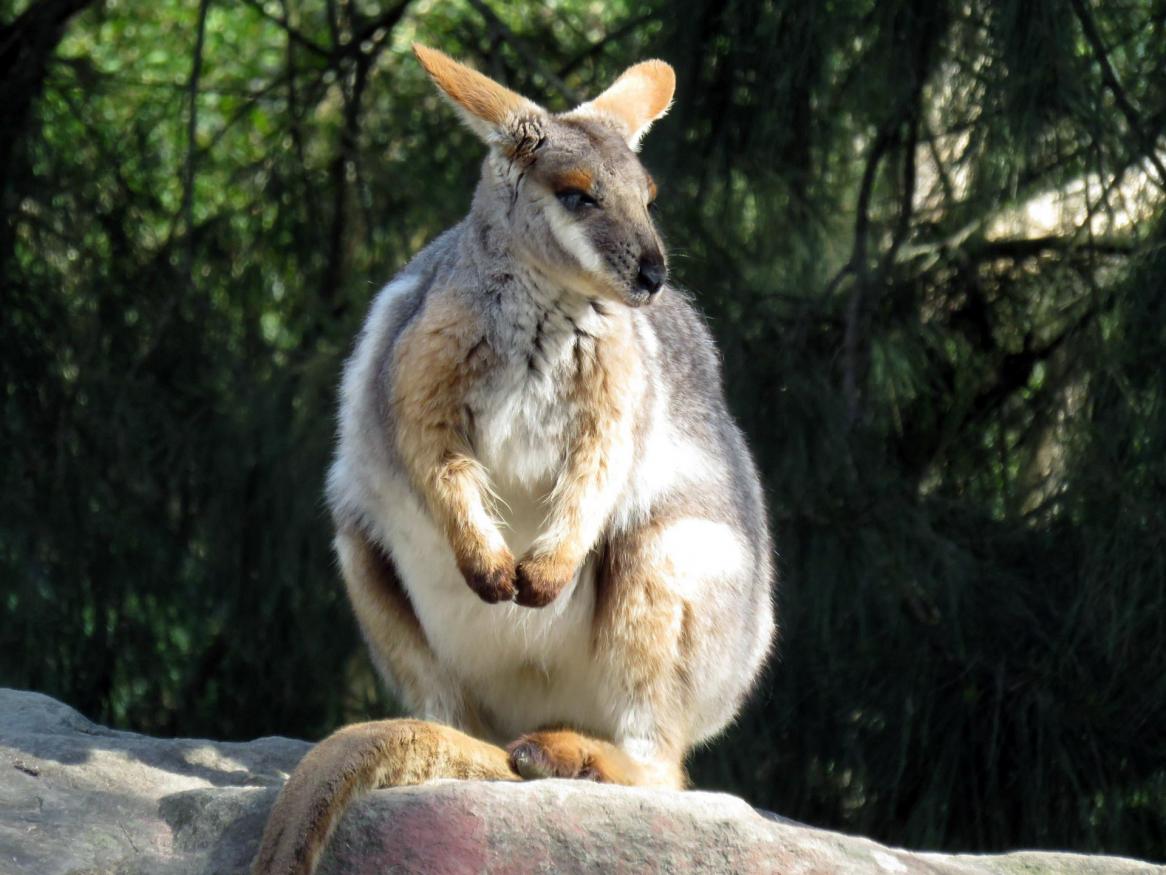News: School of Biological Sciences
Green space or light at night – how do we improve health?

New research questions whether the health benefits of green space exposure may in part be a result of avoiding light at night.
[Read more about Green space or light at night – how do we improve health?]
Researchers bust myths on water market price rise

University of Adelaide researchers have found no evidence of water hoarding, or a clear source of speculative behaviour, driving Murray-Darling Basin water price rises.
[Read more about Researchers bust myths on water market price rise]
Scientists support the recovery of Adelaide Hills wildlife

Wildlife ecologists are helping the recovery of habitat devastated by the recent Adelaide Hills bushfire, which is home to endangered species and wildlife.
[Read more about Scientists support the recovery of Adelaide Hills wildlife]
Scientists using online tools to track illegal wildlife

University of Adelaide researchers are using new surveillance tools to identify the illegal trade of exotic animals and plants.
[Read more about Scientists using online tools to track illegal wildlife]
Off the chart: Spatial scientists celebrate research awards

Top honours for innovative and collaborative research by two of University of Adelaide’s leading spatial scientists.
[Read more about Off the chart: Spatial scientists celebrate research awards]
Don’t focus on genetic diversity to save our species

Scientists have challenged the common assumption that genetic diversity of a species is a key indicator of extinction risk.
[Read more about Don’t focus on genetic diversity to save our species]
Uni of Adelaide experts recognised for science excellence

University of Adelaide scientists recognised at the SA Science Excellence and Innovation Awards.
[Read more about Uni of Adelaide experts recognised for science excellence]
High CO2 to slow tropical fish move to cooler waters

Ocean acidification predicted under continuing high CO2 emissions may make cooler, temperate waters less welcoming to tropical fish.
[Read more about High CO2 to slow tropical fish move to cooler waters]
Science awards celebrate academic, student and staff success

The recent Faculty of Sciences’ awards showcase celebrated research, teaching, leadership, professional staff and student success.
[Read more about Science awards celebrate academic, student and staff success]
Students and graduates leading backyard biodiversity and citizen science

Ever wanted to attract native reptiles, bees and birds to your backyard?
[Read more about Students and graduates leading backyard biodiversity and citizen science]
